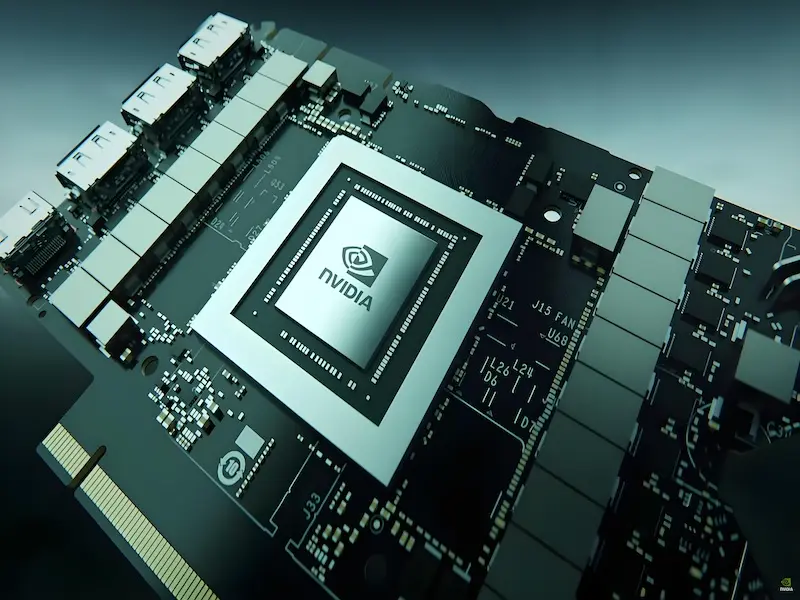- Nvidia did not receive a U.S. Justice Department subpoena, a spokesperson said in a statement on Wednesday.
- The Justice Department is investigating Nvidia’s business practices, including hardware bundling and the acquisition of Run: AI.
OUR TAKE
This investigation could extend across the tech industry, particularly in AI, semiconductors, and hardware markets. Increased regulatory scrutiny could slow down mergers and acquisitions, forcing companies to be more cautious in their expansion strategies. If Nvidia faces restrictions, it could level the playing field for competitors, fostering more competition and innovation in the AI space.
–Jennifer Yu, BTW reporter
What happened
According to a spokesperson’s statement on Wednesday, Nvidia did not receive a subpoena from the U.S. Justice Department. The company said, “We have inquired with the US Department of Justice and have not been subpoenaed. Nonetheless, we are happy to answer any questions regulators may have about our business.”
Bloomberg News reported on Tuesday that the Justice Department had issued a subpoena related to a potential antitrust investigation, which would suggest an escalation in the probe. The report mentioned that subpoenas had been sent to other companies besides Nvidia.
In recent weeks, the Justice Department has been questioning tech companies about Nvidia’s business practices, including its hardware bundling practices, according to two sources familiar with the investigation, who spoke to Reuters. The Justice Department has not yet responded to a request for comment.
Additionally, officials are scrutinising Nvidia’s recent $700 million acquisition of Israel-based Run: AI, as they investigate whether the purchase could further strengthen Nvidia’s dominance in the artificial intelligence computing market, the sources added.
Also read: Nvidia shares drop 9.5%, leading record market value loss as AI optimism dims
Also read: Nvidia’s Q2 earnings report to impact AI market
Why it’s important
If the Justice Department’s antitrust investigation finds that Nvidia is using its market dominance to unfairly limit competition, the company could be forced to divest assets or change business practices, potentially opening up the market for competitors.
Additionally, Nvidia’s acquisition of Run: AI raises concerns about further consolidation in the AI market. Regulators are worried that Nvidia’s growing influence could stifle innovation and limit choices for consumers and businesses. The outcome of this investigation could set a precedent for how regulators approach mergers and business practices in rapidly advancing tech industries, affecting not only Nvidia but also other major tech companies looking to expand their dominance in AI and related fields.

